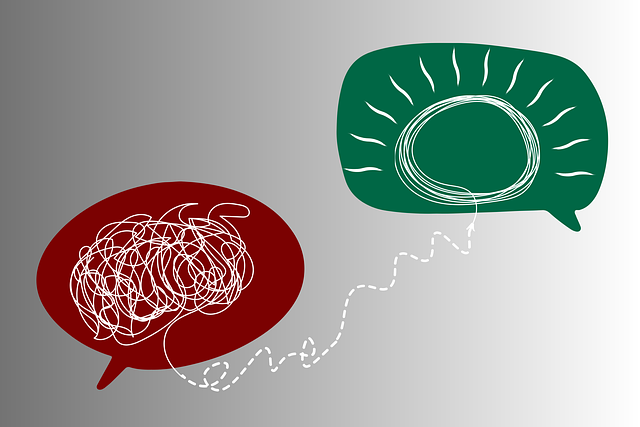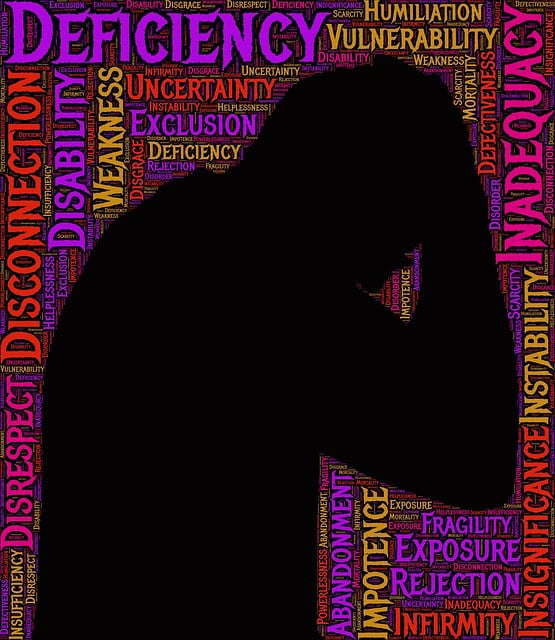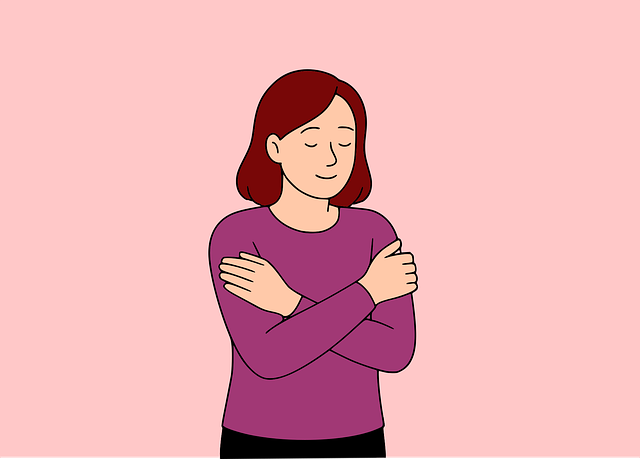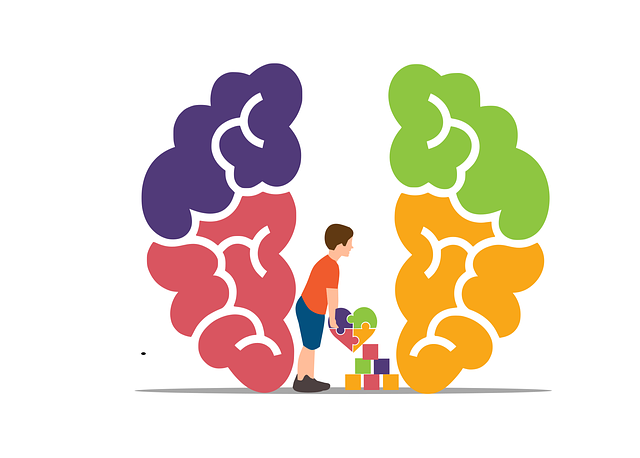Crafting a marketing strategy for Lakewood Abuse Survivors Therapy (LAST), a mental wellness app, requires deep empathy for survivors' emotional challenges. The app aims to provide safe spaces, targeted support for anxiety, depression, and low self-esteem, community building, and normalizing mental health conversations. Using compassionate language, highlighting personalized experiences, cultural sensitivity, and prevention strategies, LAST builds trust through transparent communication, user success stories, social media engagement, free trials, and partnerships with influencers to attract downloads focused on depression prevention and stress reduction.
In an era where mental wellness is taking center stage, the development of targeted marketing strategies for apps catering to vulnerable populations, such as Lakewood Abuse Survivors, is paramount. This article explores a comprehensive guide to crafting an effective marketing strategy for the Lakewood Abuse Survivors Therapy app, focusing on understanding the unique needs of this audience and building trust through compassionate messaging. By delving into these key aspects, we aim to enhance awareness and accessibility for those seeking healing.
- Understanding Your Target Audience: Lakewood Abuse Survivors and Their Unique Needs
- Crafting a Compassionate and Effective Marketing Message
- Building Trust and Fostering Connection: Strategies for Promoting Lakewood Abuse Survivors Therapy App
Understanding Your Target Audience: Lakewood Abuse Survivors and Their Unique Needs

Understanding your target audience is a critical step in developing an effective marketing strategy for a mental wellness app, especially when catering to sensitive topics like Lakewood Abuse Survivors and their unique needs. This demographic often faces complex emotional challenges resulting from traumatic experiences. Marketing efforts should aim to create a safe, non-judgmental space, emphasizing empathy and understanding. By recognizing the specific struggles these individuals face, such as managing anxiety, depression, or low self-esteem (Self-Esteem Improvement), your app can offer tailored support. Many Lakewood Abuse Survivors may also benefit from community-building initiatives within the app to foster a sense of belonging and solidarity.
Public Awareness Campaigns Development can play a significant role in normalizing conversations around mental health among this population, encouraging them to seek help without fear of stigma. Through targeted messaging, you can highlight how your app facilitates Emotional Healing Processes by providing accessible tools for self-reflection, coping strategies, and personalized therapy options, ensuring survivors feel empowered on their journey towards recovery.
Crafting a Compassionate and Effective Marketing Message

When crafting a marketing message for a mental wellness app, especially one catering to sensitive issues like those addressed by Lakewood Abuse Survivors Therapy, compassion is key. The language used should be empathetic, acknowledging the struggles faced by users and presenting the app as a supportive companion on their journey towards healing. Emphasize how the app prioritizes individual experiences and offers tailored solutions, ensuring no one feels isolated in their fight against mental health challenges.
Incorporate themes of Cultural Sensitivity in Mental Healthcare Practice to appeal to a diverse audience. Highlight features that cater to various cultural backgrounds, demonstrating an understanding of unique community needs. This approach not only resonates with users from different walks of life but also encourages trust and openness. Additionally, brief mentions of Depression Prevention strategies within the app’s framework can attract those seeking proactive mental wellness solutions, showing a commitment to both healing and prevention.
Building Trust and Fostering Connection: Strategies for Promoting Lakewood Abuse Survivors Therapy App

Building trust is paramount when marketing the Lakewood Abuse Survivors Therapy (LAST) app, as it’s a sensitive topic. Potential users are often wary of sharing personal struggles online. To foster connection and encourage downloads, the LAST team must first establish credibility through transparent communication. Sharing success stories anonymized from real users can humanize the app and demonstrate its effectiveness in a safe, controlled environment.
Leveraging social media platforms with targeted ads and engaging content centered around mental wellness can help. Offering free trial periods or samples of the app’s features allows users to experience the benefits firsthand. Additionally, partnering with reputable mental health influencers who can vouch for the app’s positive impact—especially those who have personal connections to abuse survival stories—will further enhance trust and drive downloads of the LAST app, catering specifically to depression prevention and stress reduction methods.
In developing a marketing strategy for the Lakewood Abuse Survivors Therapy app, understanding the unique needs of its target audience is paramount. By crafting compassionate messaging and building trust through authentic connections, this app can offer much-needed support to survivors. Utilizing targeted marketing techniques, the app aims to reach and assist those who have experienced abuse, promoting healing and recovery in a digital space tailored to their specific requirements. The Lakewood Abuse Survivors Therapy app’s success lies in its ability to connect with its audience on a deeper level, ensuring every interaction fosters hope and resilience.














